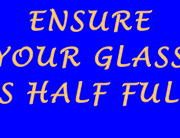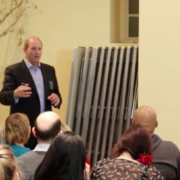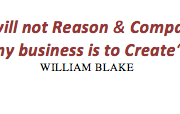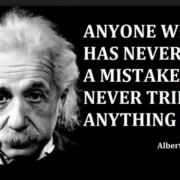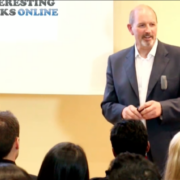I DO NOT OFFER TOOLS (unless you need a spanner)
In this ‘on demand’ world, the urge to get ‘what I want, when I want it’ is all pervasive and the area of executive coaching is no different. I work with busy people who have huge responsibilities and who have to withstand the pressures that come from being successful in highly competitive environments. So I fully understand their desire for straight answers and quick results.
However, one of my first jobs during the initial assessment I have with clients is to stress that I offer no tools, no shortcuts, no ‘quick easy tips’.
I am of the school of thought which maintains that our thinking, our perceptions and our behaviour, are vital contributors to the direction of our lives. All three of these take decades to evolve though social conditioning from family, peer group, education, cultural environment and so on.
Therefore, any elements of our behaviour that we wish to alter are well and truly embedded. That is not to say that they cannot be changed or even eradicated because they can. It is just that it will not be a quick and easy fix – and to let people believe otherwise is, I believe, misleading at best
There certainly are any number of techniques and exercises that can be employed to help achieve goals and create positive change but I would describe none of them as quick and easy. They are not complicated but they do require real application. An example of this is my series of ‘Confidence Booster’ blogs, each of which deals with a different technique. No single exercise can resolve self confidence issues but must play a part in a much wider and deeper champaign of action.


